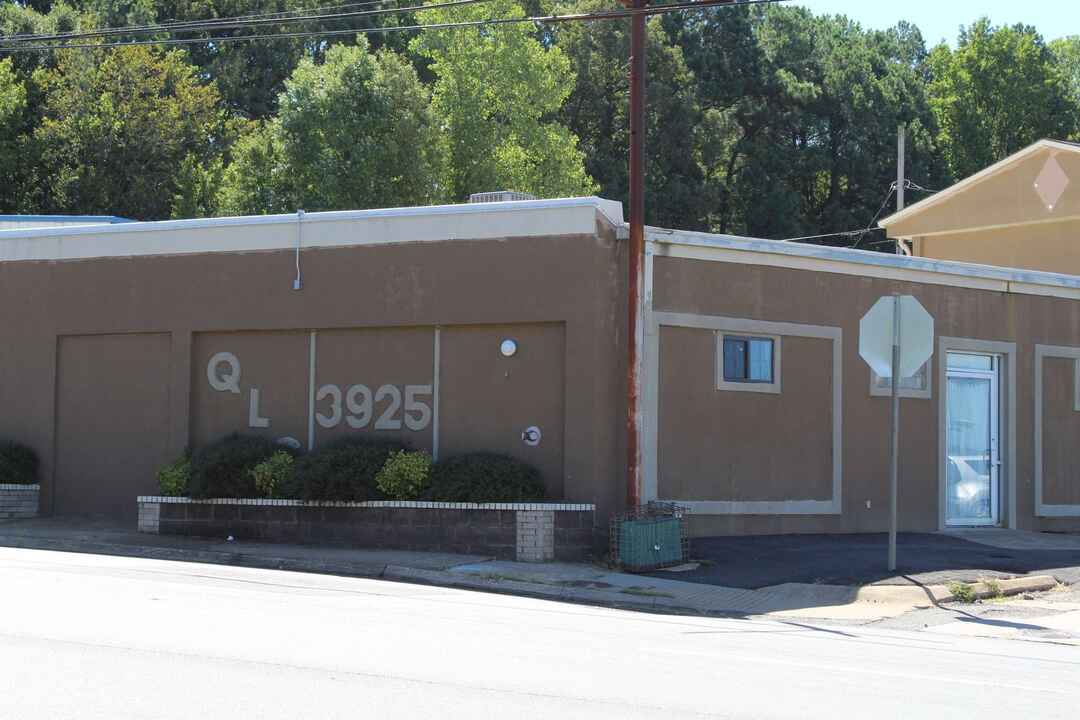About Quality Living Center – Little Rock
Quality Living Center in Little Rock, Arkansas, provides a crucial outpatient step in addiction treatment. Alongside seeking professional help, they teach you how to develop a healthy and structured home environment and to make changes to your daily routine. During evidence based treatment therapies, you learn how to develop healthy coping mechanisms that contribute to your successful and sustainable long term recovery.
The program also focuses on relapse prevention, recognizing that setbacks do occur, but with persistence and a strong support system, you can stay on track to living a sober life. The program provides addiction and rehabilitation services alongside housing and work-study programs. They offer job placements to help you support yourself in the community and create a hopeful and brighter future.
They understand that everyone’s recovery journey is different. Your customized and tailored treatment approach is focused on meeting your needs. After you have acknowledged there is a substance abuse issue that needs to be addressed, they can help with a comprehensive assessment and evaluation to develop your personalized treatment plan.
The facility is CARF accredited for its intensive outpatient program (IOP) and traditional outpatient treatment program. They provide peer support and addiction treatment using trauma informed therapy, life skill classes, and individual and group counseling. They have a sober living environment that allows you to strengthen the foundations of your recovery while developing relationships with your peers as you transition into the community.





